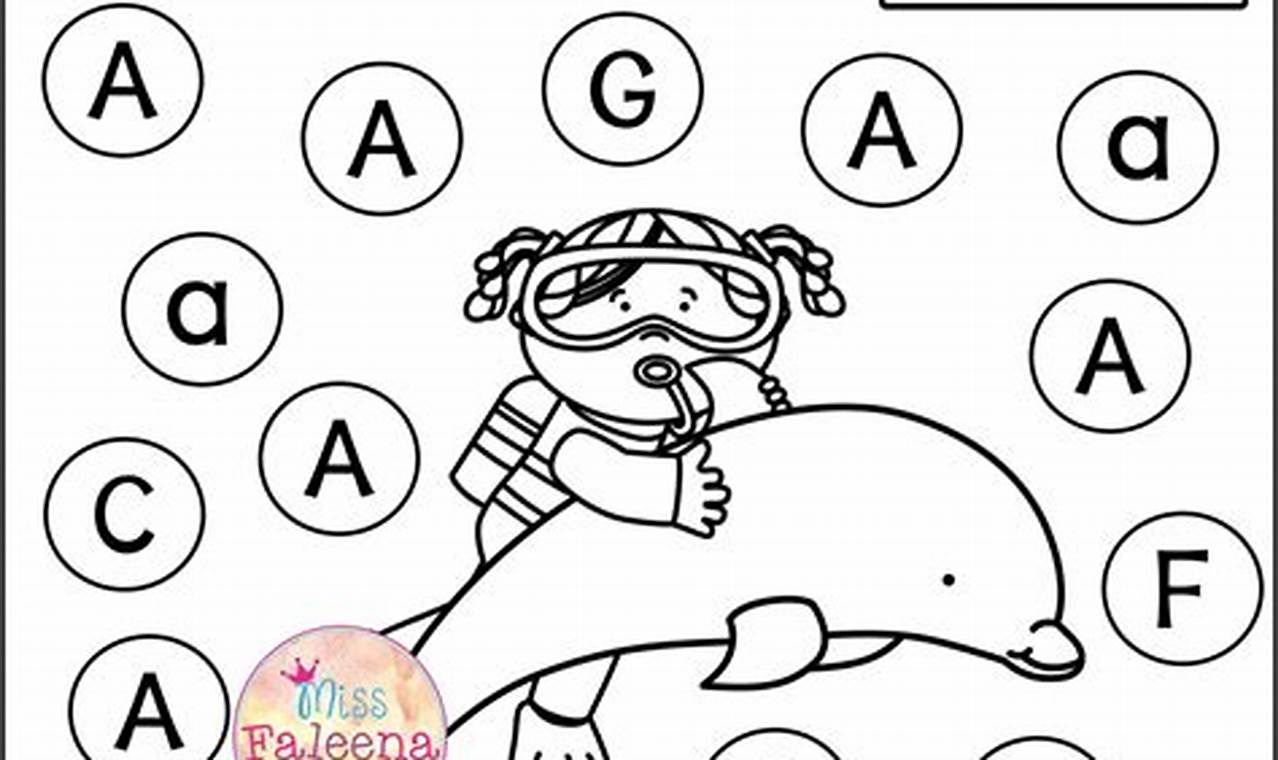The journey to literacy begins with recognizing and forming letters. Mastering this foundational skill paves the way for reading, writing, and communication. Engaging resources like alphabet tracing worksheets provide a structured yet enjoyable method for young learners to develop the necessary fine motor skills and visual discrimination abilities vital for academic success.
The “alphabet tracing for letter recognition games” worksheet offers significant advantages in early childhood education. Primarily, it strengthens letter recognition, enabling children to differentiate between various letters of the alphabet. The act of tracing enhances hand-eye coordination and fine motor control, preparing them for handwriting. Furthermore, repetitive tracing reinforces letter shapes, aiding memory retention and accurate recall.
This worksheet typically includes uppercase and lowercase letters, presented with clear, bold lines that are easy for young children to follow. Each letter is often accompanied by a related image or word, connecting the visual representation of the letter with its corresponding sound. Ample space is provided for repeated tracing, allowing learners to practice and refine their letter formation. Many versions incorporate dotted lines to guide the tracing process and often include visually appealing illustrations to maintain interest.
To effectively use this worksheet, begin by explaining the purpose of the activity: learning to write the letters of the alphabet. Start with a letter the child is already familiar with to build confidence. Guide the child’s hand during the first few attempts, demonstrating the correct stroke order and direction. Encourage consistent tracing within the lines, praising effort and improvement. Break the task into manageable segments, focusing on a few letters at a time to prevent fatigue. Consider using colored pencils or crayons to add an element of fun.
To supplement the learning experience, consider incorporating related activities. Kidtraces.com offers a variety of similar worksheets focusing on number tracing, shape tracing, and word tracing. Alphabet flashcards, educational apps, and interactive letter games can also reinforce letter recognition and formation. Reading aloud regularly and encouraging the child to identify letters within words promotes further literacy development. Daily activities such as drawing, coloring, and playing with building blocks also support fine motor skill development.
The “alphabet tracing for letter recognition games” worksheet is a valuable tool for initiating a child’s literacy journey. Its structured approach, combined with engaging visuals, makes learning enjoyable and effective. Educators and parents are encouraged to download and utilize this resource to support early literacy skills. Explore Kidtraces.com for a wider array of free worksheets designed to foster continuous learning and skill development in young children.
Images References :
Looking for more useful options?
Check out recommended resources that others find helpful.
